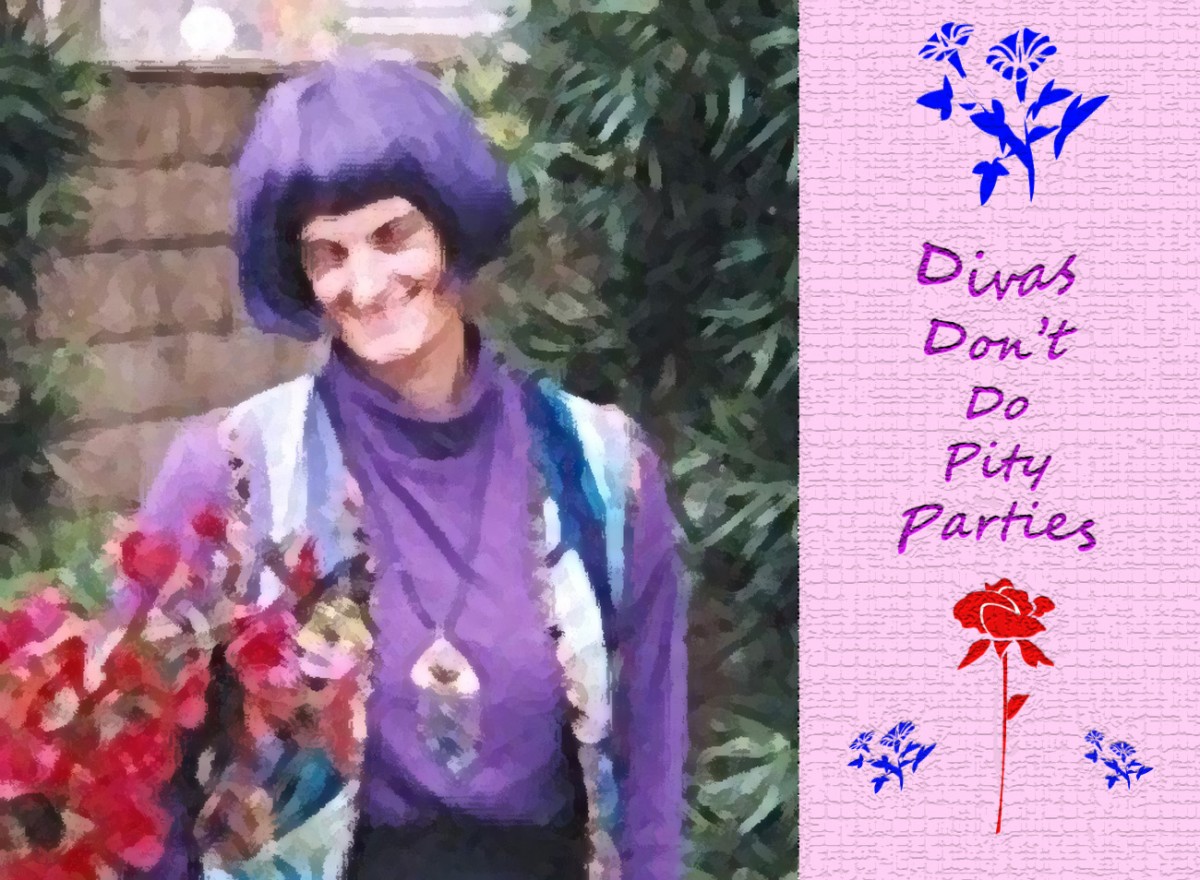Holidays are a source of joy but can be stressful in times of difficulty. The challenges are greater when we’re ill.
My husband Les and I aren’t very religious, but we love holidays with their traditions and food. We observe the major Jewish holidays (and a few secular ones) with family customs solidified over decades.
The week leading up to Passover is Spring Cleaning on steroids. Every corner of every inch of the house is meticulously scrubbed and shined. Non-Passover food is eaten, stored or trashed. Regular dishes and small appliances are locked away, and Passover cookware is brought out of storage.
When I can, I hire someone to help with cleaning — but my house cleaner has moved out of town, and I don’t feel like dealing with strangers. Les and I work together, but my chemo fatigue makes my participation minimal. I clean for twenty minutes, take a two-hour nap, and repeat. He does 90% of the work, and for the first time in memory, doesn’t complain.
Only the kitchen is cleaned, and not to my usual standards — but for the first time in memory, I don’t care.
* * * * *
My regular diet, which is 90-95% vegan, is complicated by my chemo diet of no fresh fruits and vegetables unless cooked or peeled, and further compounded by the Passover prohibition on grains. I question how I can keep Passover and fulfill my nutritional needs during chemotherapy.
In a stroke of serendipity, less than two weeks ago the Conservative Rabbinate overturned an 800-year-old Passover ban on eating kitniyot (rice, beans and corn) for Ashkenazi Jews. The ruling couldn’t come too soon for me. My food horizons seem more palatable.
One of the items on the Seder plate is charoset, a chopped mixture representing the mortar between the bricks made by Hebrew slaves in ancient Egypt. The traditional recipe is apple, walnuts and wine. I can’t drink wine (it further erodes my messed up GI tract) so I substitute grape juice. I peel the apple, which I have never done. The charoset is boring.
Karpas, the fresh green which represents spring, can’t be eaten raw so I nuke a piece of kale. More boring.
The four cups of wine imbibed during the Seder are also substituted with grape juice.
I still can’t eat much, so the big festive meal is replaced by a bowl of matzo ball soup. Les has two bowls of soup.
My throat hurts, so the one person in this household who can carry a tune, can’t sing at all. I can’t speak much, either, so the Seder just includes highlights for lack of a willing reader.
I hide the afikomen in plain sight so the service will end sooner and I can take a nap.
Why is this night different from all other nights? Because tonight I’m one of the afflicted, one of the people I usually pray for.
I end the service with a prayer for everyone who is sick, May they be healed; for all who are hungry, May they have food; for people who are sick and have no health care, May they suffer less; and for people living in war zones and other dangerous places, May they have peace. I conclude with, And may all the assholes stop being assholes.
Les says it’s a good prayer, but the last sentence is unrealistic.

